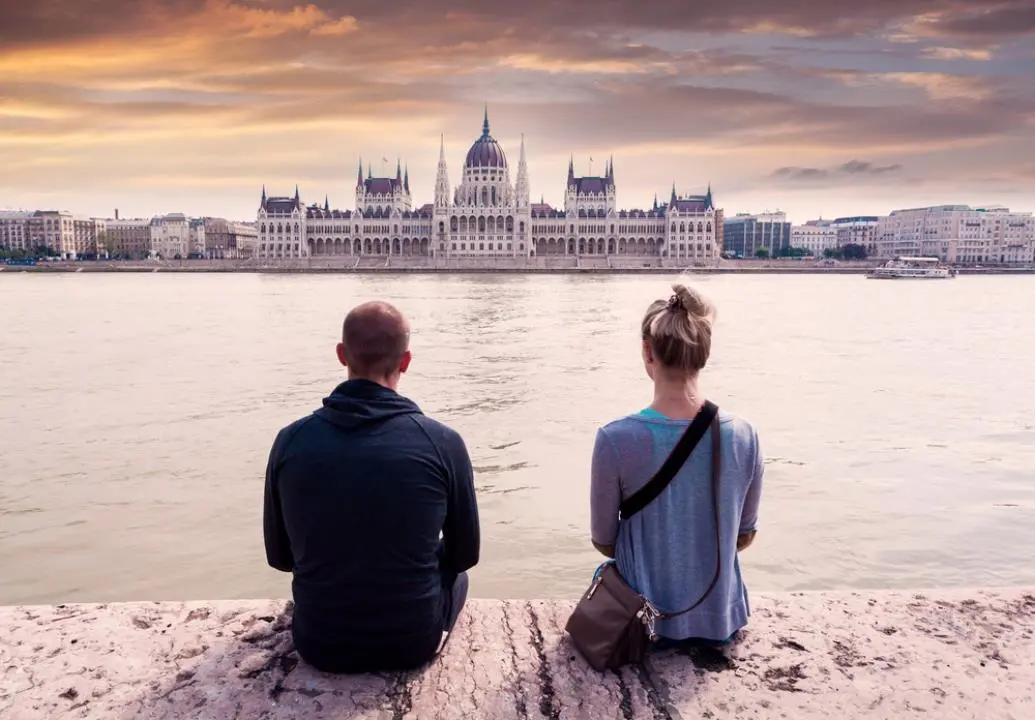Votto
Diamond Member
- Oct 31, 2012
- 62,854
- 68,217
- 3,605
Francis Worked to Make Catholic Church More Inclusive
The cardinals who will choose Pope Francis' successor will have to decide whether to follow his path toward a more welcoming, global and collegial church or restore the more doctrinaire approach of his predecessors. Francis made strides in addressing the church's sexual abuse crisis and tackled its murky financial culture. He created thousands of bishops and appointed more than half of the College of Cardinals. He also reached out to Muslim leaders.
- The cardinals are at a crossroads, deciding whether to continue Pope Francis' vision of a more inclusive and global church or revert to the traditional stance of previous popes. This choice will spark significant discussions among them.
- Pope Francis leaves behind a complex legacy, as early hopes for a 'Francis effect' to boost church attendance in the secular West have largely not materialized, even as attendance grows in the global South.
- While Francis made notable progress in addressing the church's sexual abuse crisis and financial issues, the future direction he set is likely to be a contentious topic among the cardinals.
- His openness to discussing major theological issues like divorce, married priests, same-sex couples, and women's roles excited many liberal Catholics but raised concerns that a less reform-minded successor could undo these changes.
- Francis aimed to shift the church's trajectory away from the conservative paths of John Paul II and Benedict XVI, especially in response to the latter's failure to adequately address child sexual abuse within the church.
- Despite his progressive agenda, Francis was not afraid to confront conservative elements within the church, even dismissing high-ranking officials who resisted his vision.
- His global outreach, particularly in engaging with Muslim leaders and addressing issues affecting vulnerable Catholic communities, was significant, but his lasting impact is likely to be seen in the church's internal structure and the bishops he appointed who align with his priorities.
Was it worth it? Did it help spread the gospel of Christ? According to church attendance, not so much.
Politically, did it help the church? Will governments around the world, which have progressively gotten more woke themselves, now treat the Catholic church better politically? If so, is that a good thing, considering that Christ basically upset every world government on earth as well as every religious institution, causing them to put him to death?







